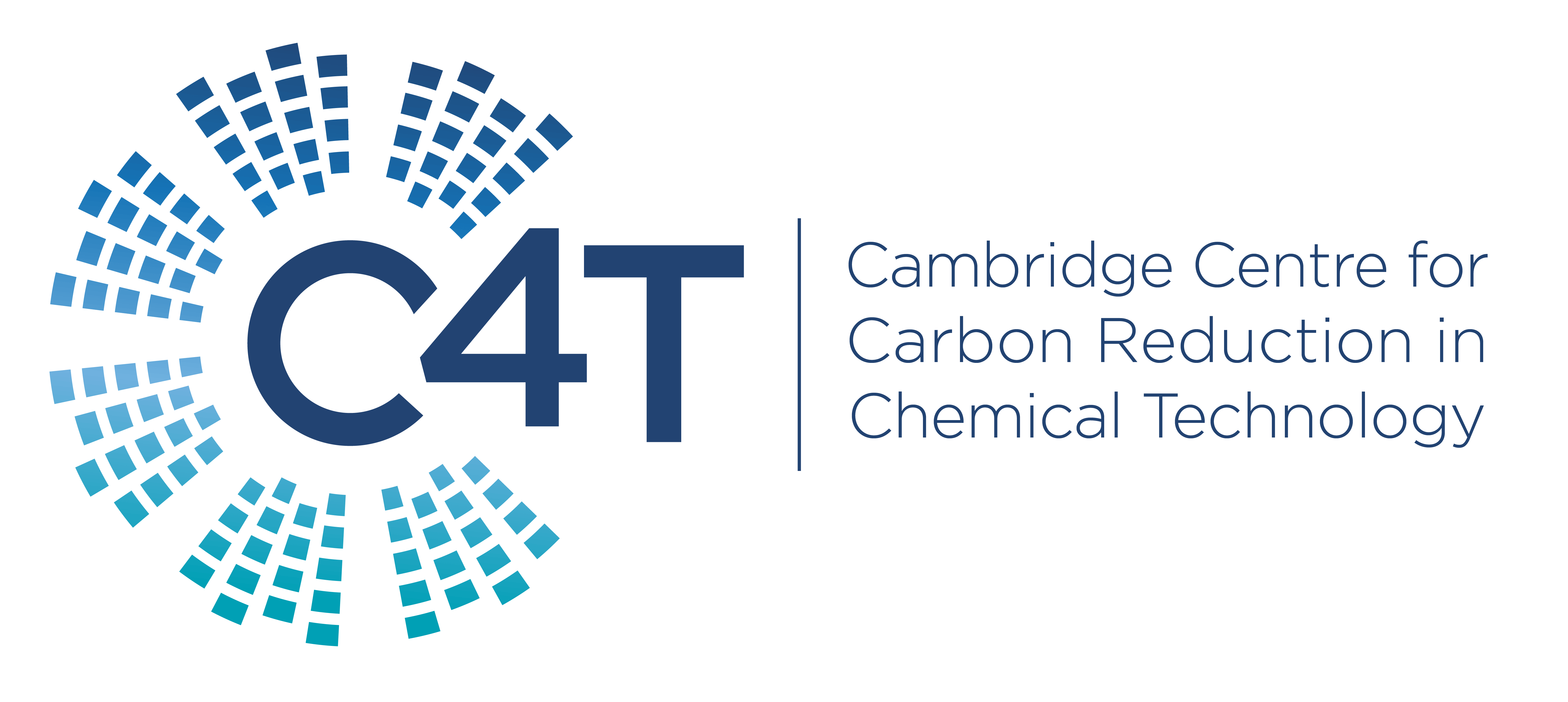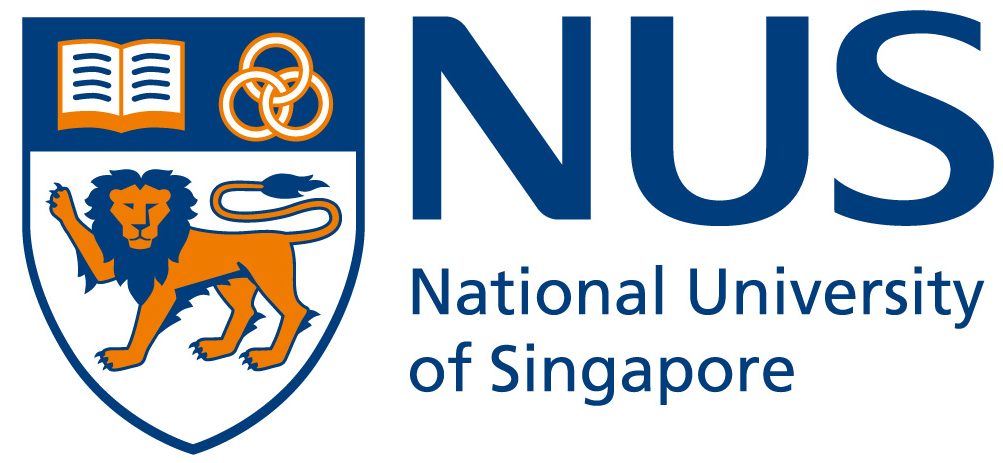Cambridge Centre for Carbon Reduction in Chemical Technologies (C4T)
C4T sits at the heart of Singapore’s global research and development hub and envisions a prosperous, energy-efficient, low-emission eco-city. C4T answers the question of how to positively contribute to Singapore’s ratification of the Paris Agreement on climate change while ensuring the country’s progress and prowess in economic, technological, environmental and social dimensions.
Launched in 2013 and wrapping up in October 2025, C4T has paved the way for our current research programmes and created lasting impact. Explore the slideshow below to see its story.
Before 2013
The University of Cambridge start discussing how to leverage more international collaborations for various streams of research in arts, humanities, biological sciences, medicine and physical sciences, engineering and technology.
Prof Dame Lynn Gladden, the Pro-Vice-Chancellor for Research at the time, initiated discussions with Prof Lam Khin Yong (NTU), Prof Barry Halliwell (NUS), and the National Research Foundation, on how Cambridge could make the most of partnerships with local Singaporean universities.
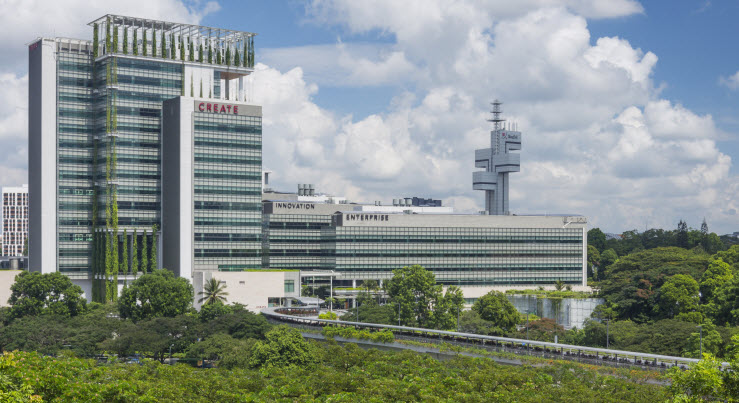
2013
• The C4T programme starts in response to NRF’s call for research programmes under the new CREATE initiative
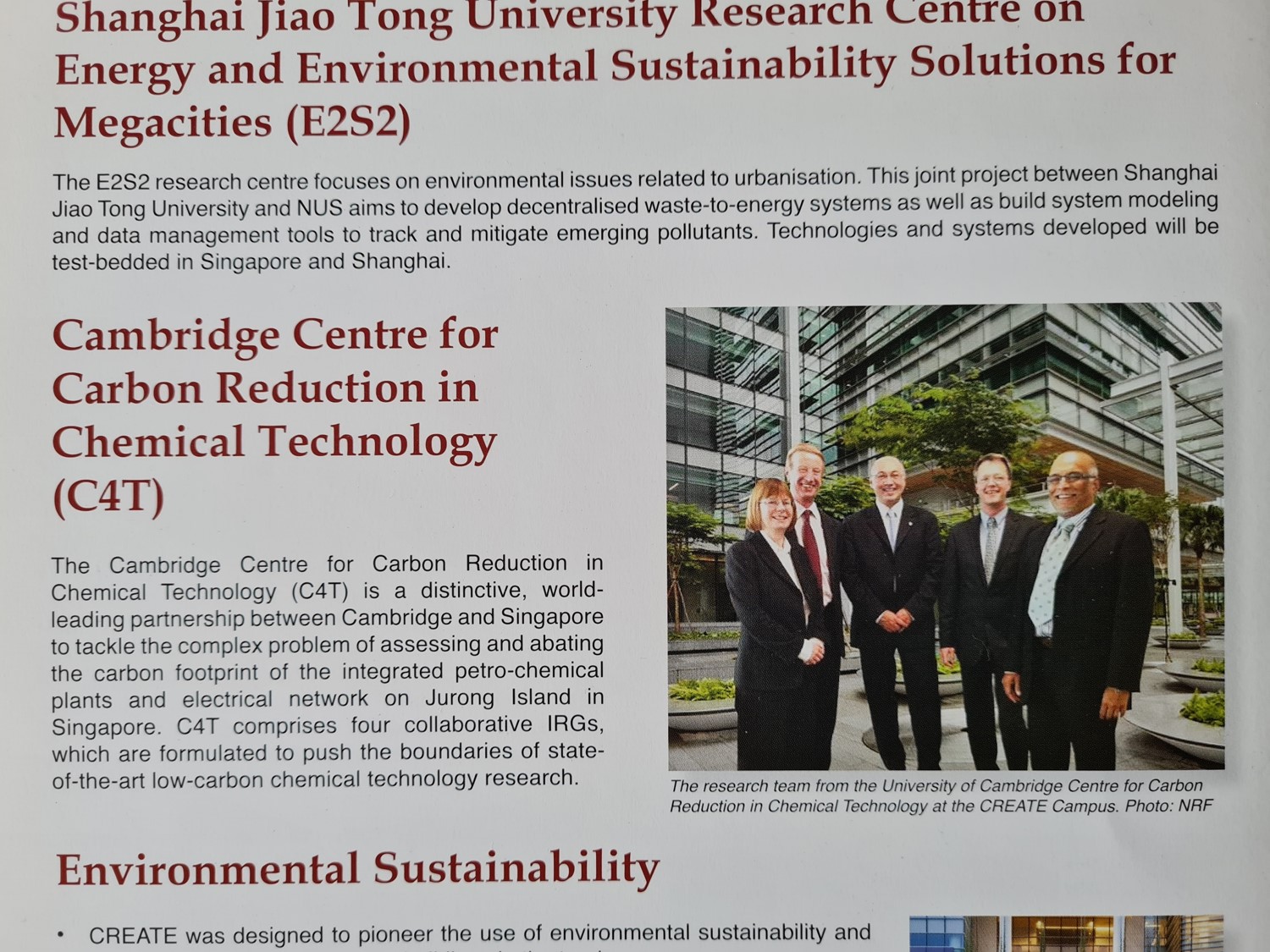
An old CREATE brochure showcasing C4T with (from left to right) Prof Dame Lynn Gladden, Prof John Dennis, Prof Markus Kraft, Prof Adrian Fisher, and Prof Gehan Amaratunga.
• CARES is formed as Cambridge’s first overseas research centre. A first for Cambridge, an educational institution over 800 years old!
2013
Prof Markus Kraft, a celebrated combustion scientist, is appointed as the Founding Director of CARES.
This lends to the initial CARES research having a strong focus on decarbonisation, with Prof Kraft’s research investigating new flame-based synthesis routes influencing a large part of the combustion lab’s design. This early footprint allowed the HYCOMBS programme to leverage the infrastructure and resources of C4T to get a headstart in 2024.
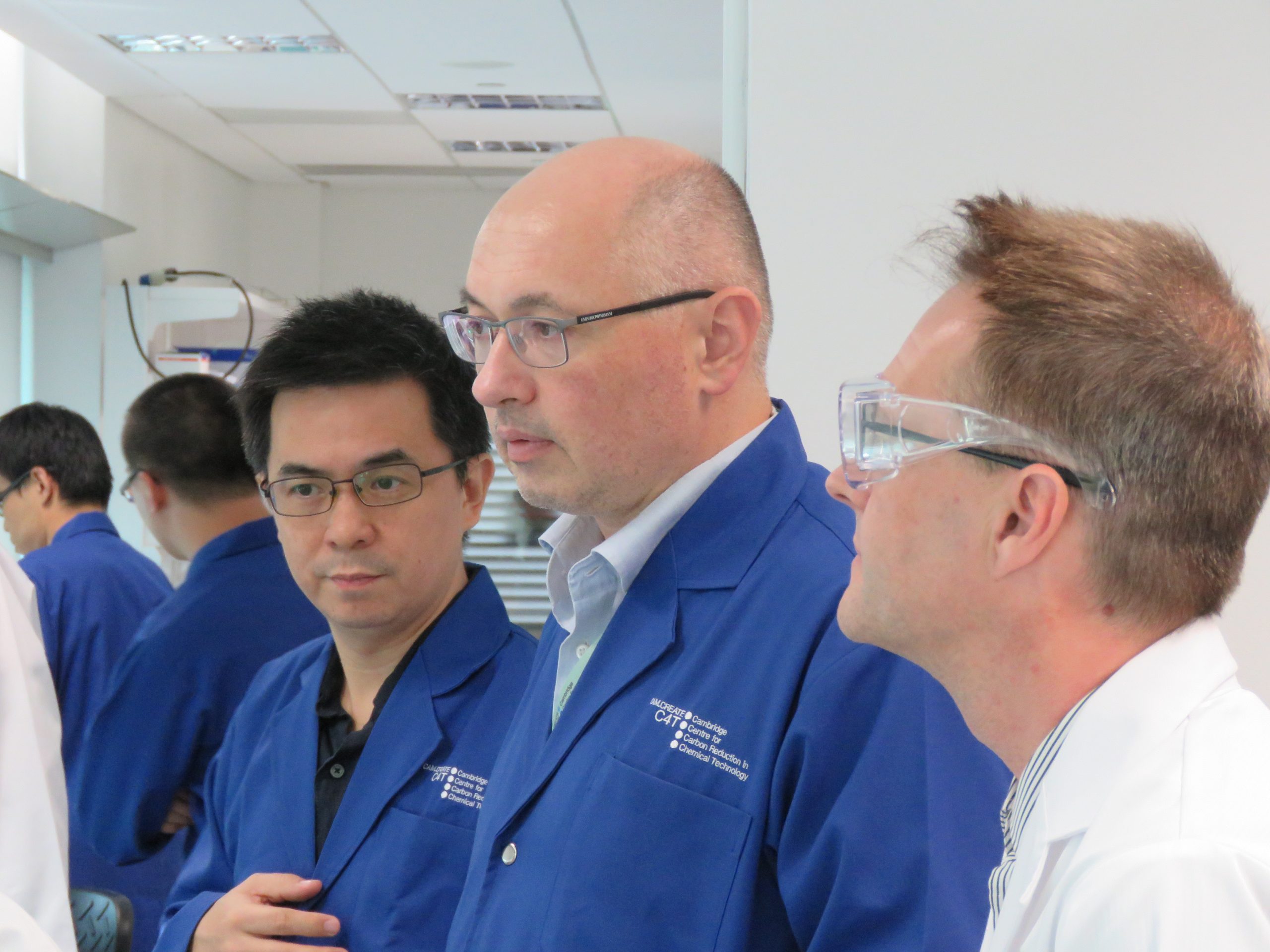
2014
Dr Liu Wen (Paul) joins the catalyst research group in C4T as a Senior Research Fellow. He will later gain appointment as an Assistant Professor at NTU and rejoin C4T as a Principal Investigator.
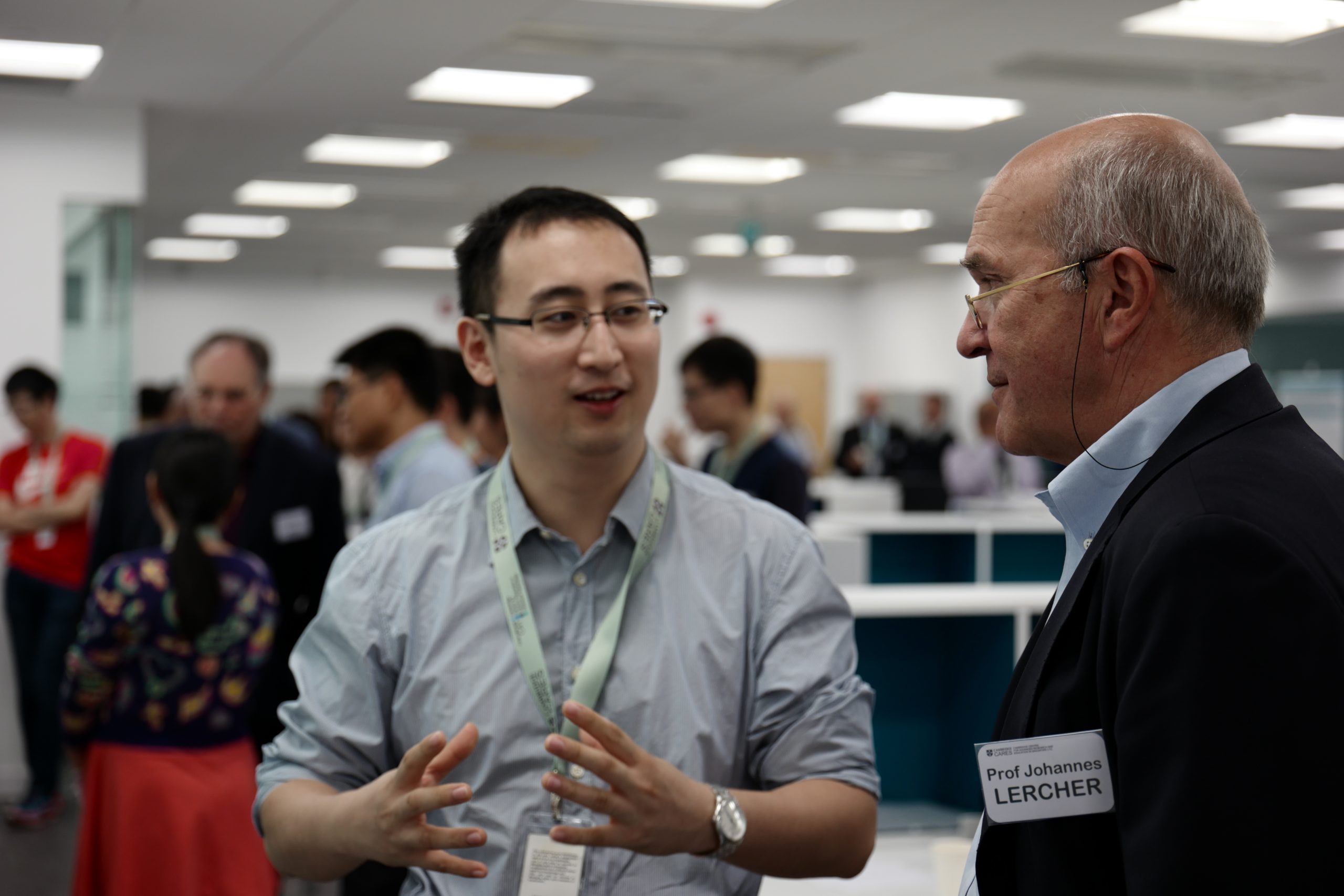
In a full-circle moment, one of Paul’s PhD students, Lek Hong Lim (Lex) will become a Research Fellow in the SM3 programme evaluating how techno-economic assessments can be made easier for the chemical industry to make decisions on adopting novel processes and new technologies.
2014
Prof Markus Kraft’s vision using knowledge graph technology to create an avatar of the world started in 2014 with creating a model of the industrial processes and resulting carbon emissions on Jurong Island.
This would eventually develop into The World Avatar, a novel digital twinning concept, scalable to various what-if scenarios from materials discovery to city planning.
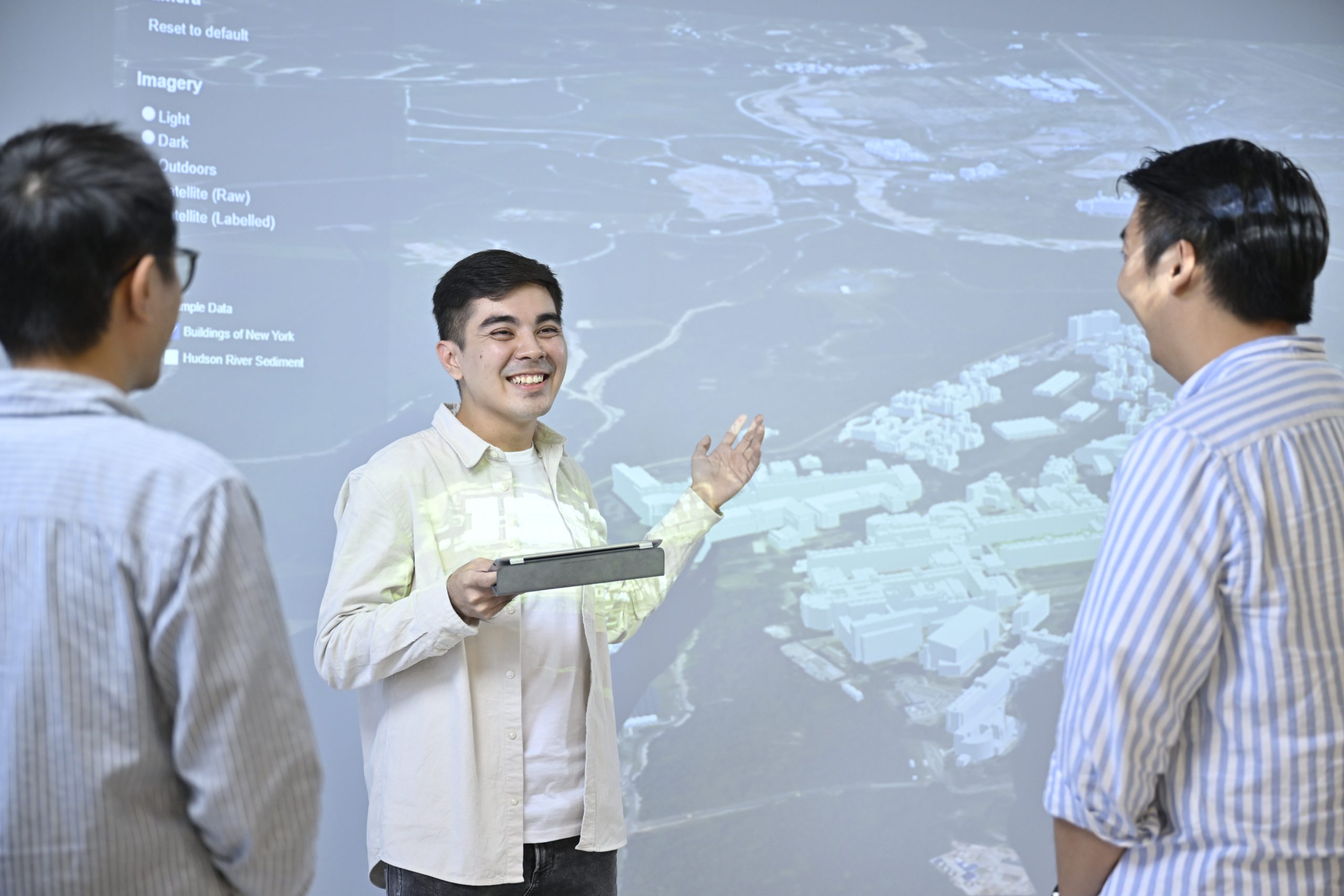
2015
CARES employees have thus far been hosted in Nanyang Technological University. This year sees CARES employees finally moving into the CREATE offices. Our very first PhD student, Janusz Sikorski, joins us in Singapore, kickstarting a successful pipeline of PhD students who will spend 2 years in Cambridge and 2 years in Singapore.
C4T will eventually host 47 PhD graduates. 1 PhD student from this scheme, Dr Tan Yong Ren (on the left in the picture), has returned to CARES and is now a key researcher in the project management of HYCOMBS.
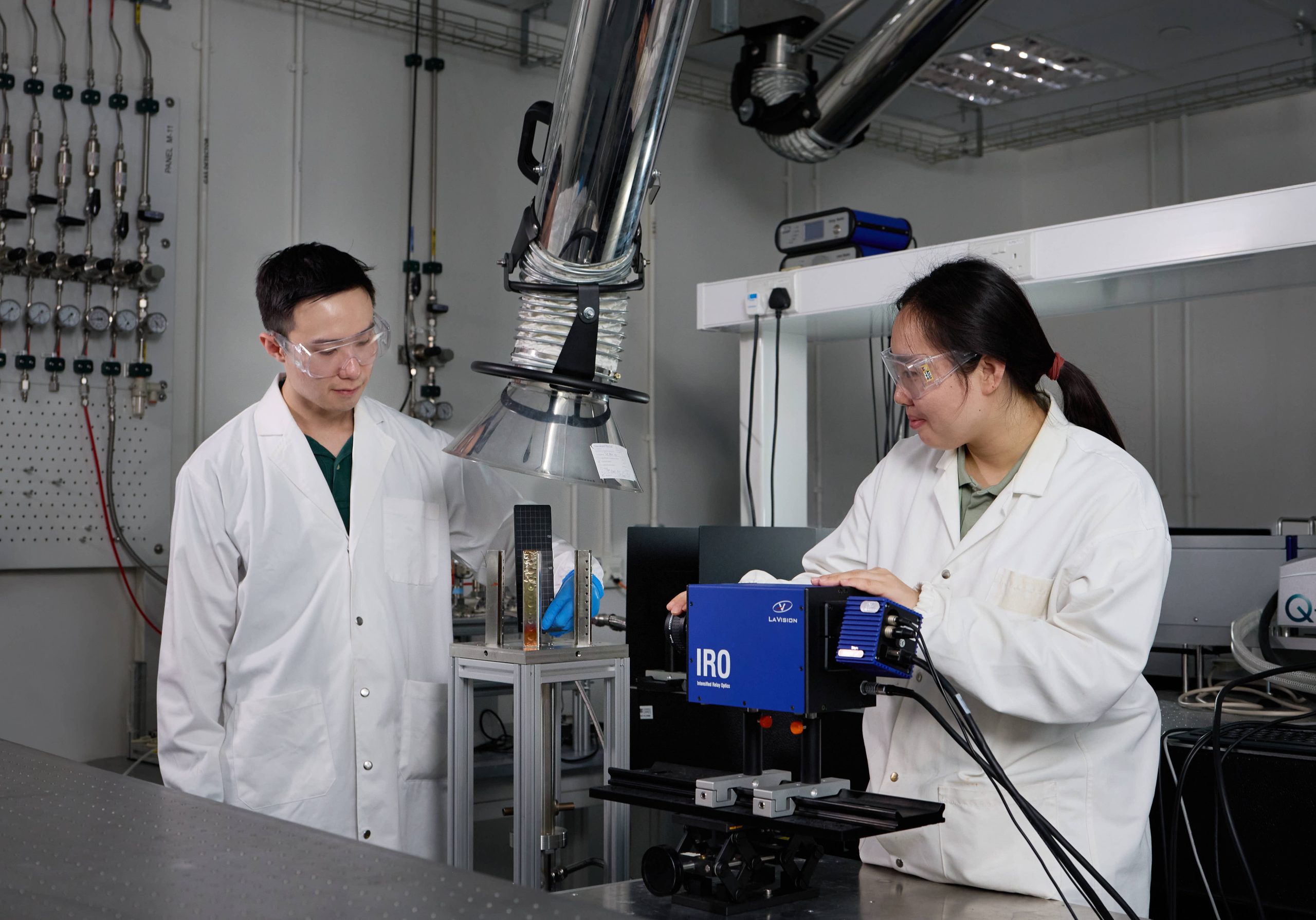
2015
Prof Alexei Lapkin joins the C4T programme as a Principal Investigator, bringing expertise in sustainable reaction engineering. His group’s work in chemical network analysis will eventually shape the research themes and goals of the SM3 programme, which analyses alternative routes for chemical reactions using non-fossil fuel sources.
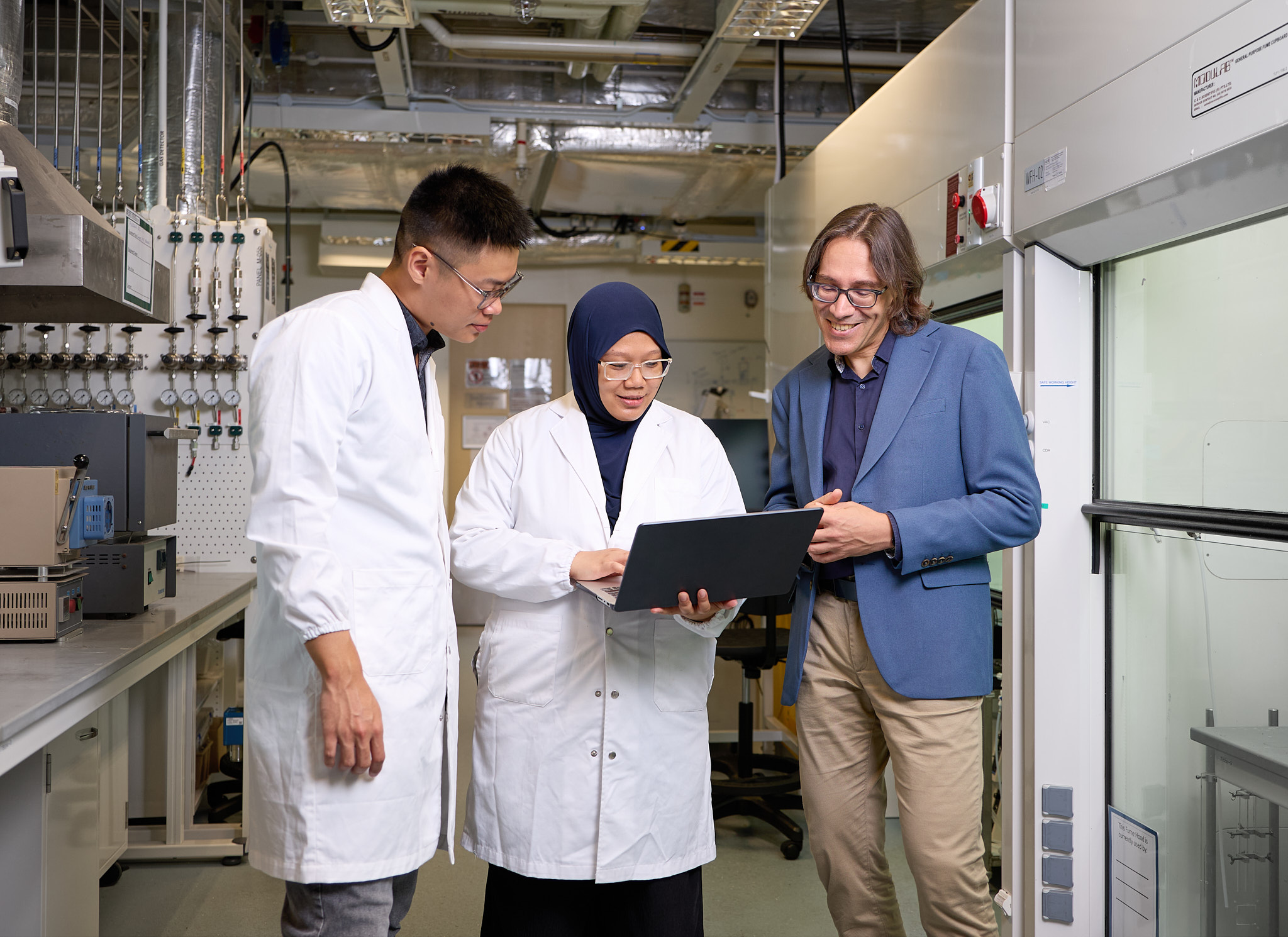
2016
The first experiments start in the newly constructed CARES lab. The length of the C4T project allows time for fundamental research, such as analysing the process of converting small-molecule alcohols into value-added products while producing hydrogen.
The now-patented electrolyser technology will be highly promising for producing hydrogen with high purity and minimal emissions in a decentralised model, particularly once green corridors for importing biomass derivatives and ammonia into Singapore have been established.
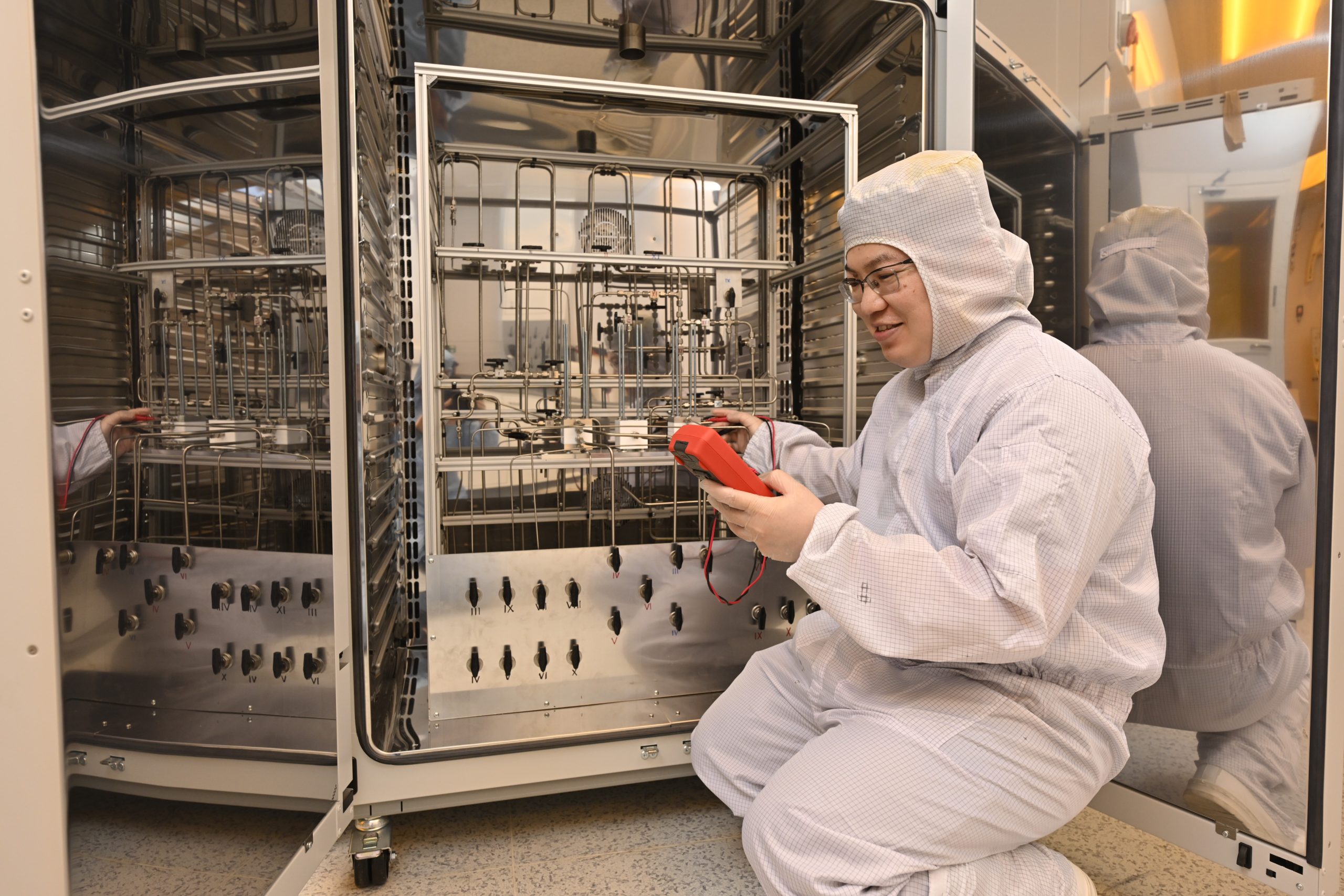
2017
Dr Nicholas Jose submits his first technology disclosure for the design of an automated production line for nanoparticles. It would not be for another 3 more years until Dr Jose starts the spin-off, Accelerated Materials, with Prof Alexei Lapkin and his colleague, Dr Mikhail Kovalev, building on this initial work in his PhD.
Accelerated Materials has been a stellar example of transitioning from the lab to industrial-scale production, especially with its recent seed funding award.
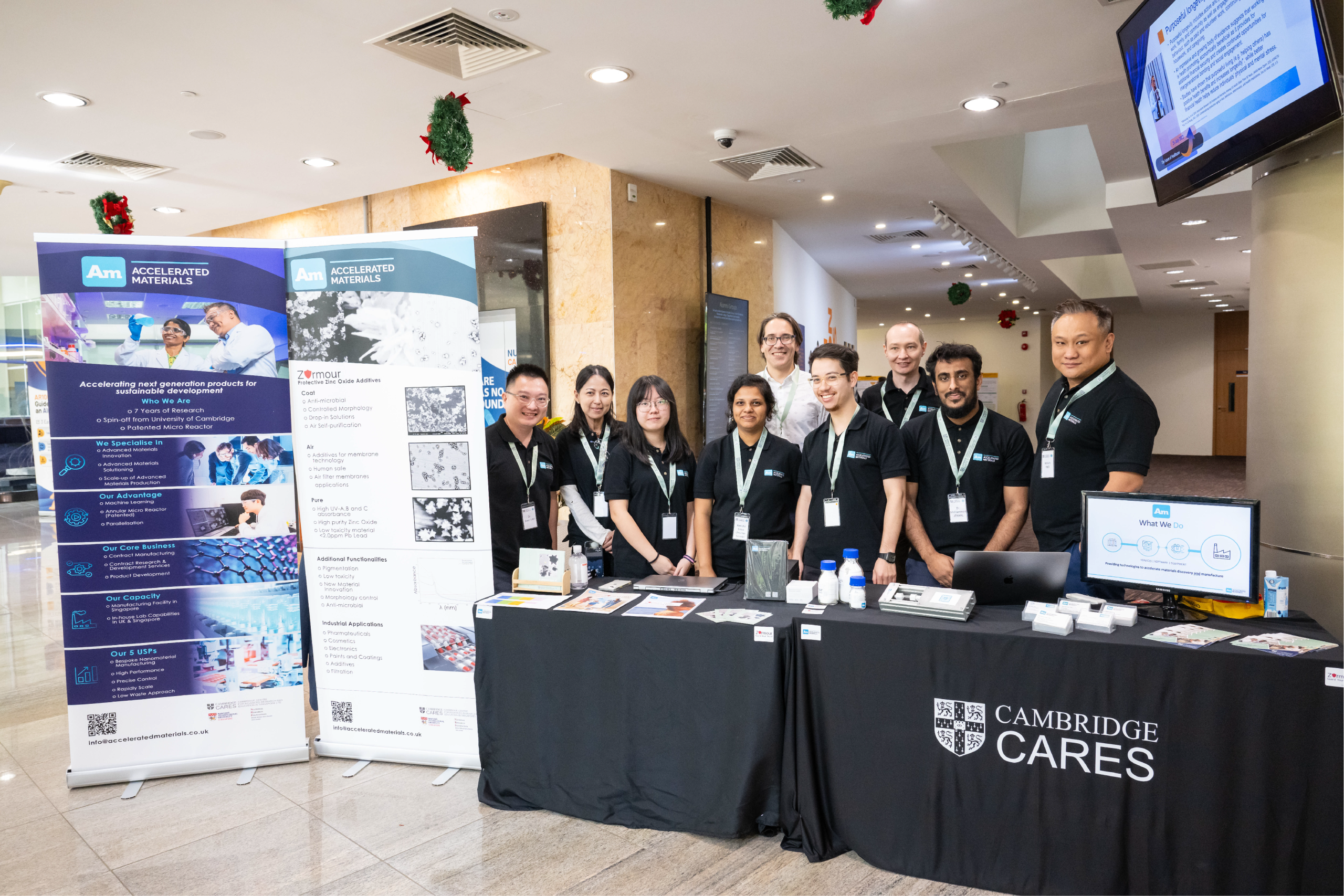
2018
Prof Epaminondas Mastorakos joins the C4T programme as a Principal Investigator to provide a stronger understanding of flame behaviour in gas turbines and diesel engines.
The C4T research establishes connections with local agencies such as the Maritime & Port Authority, and raises the presence of CARES’ research on new low-carbon fuels. With Singapore sitting at an intersection of research, policy, and business, the group finds new opportunities to grow through the HYCOMBS programme.
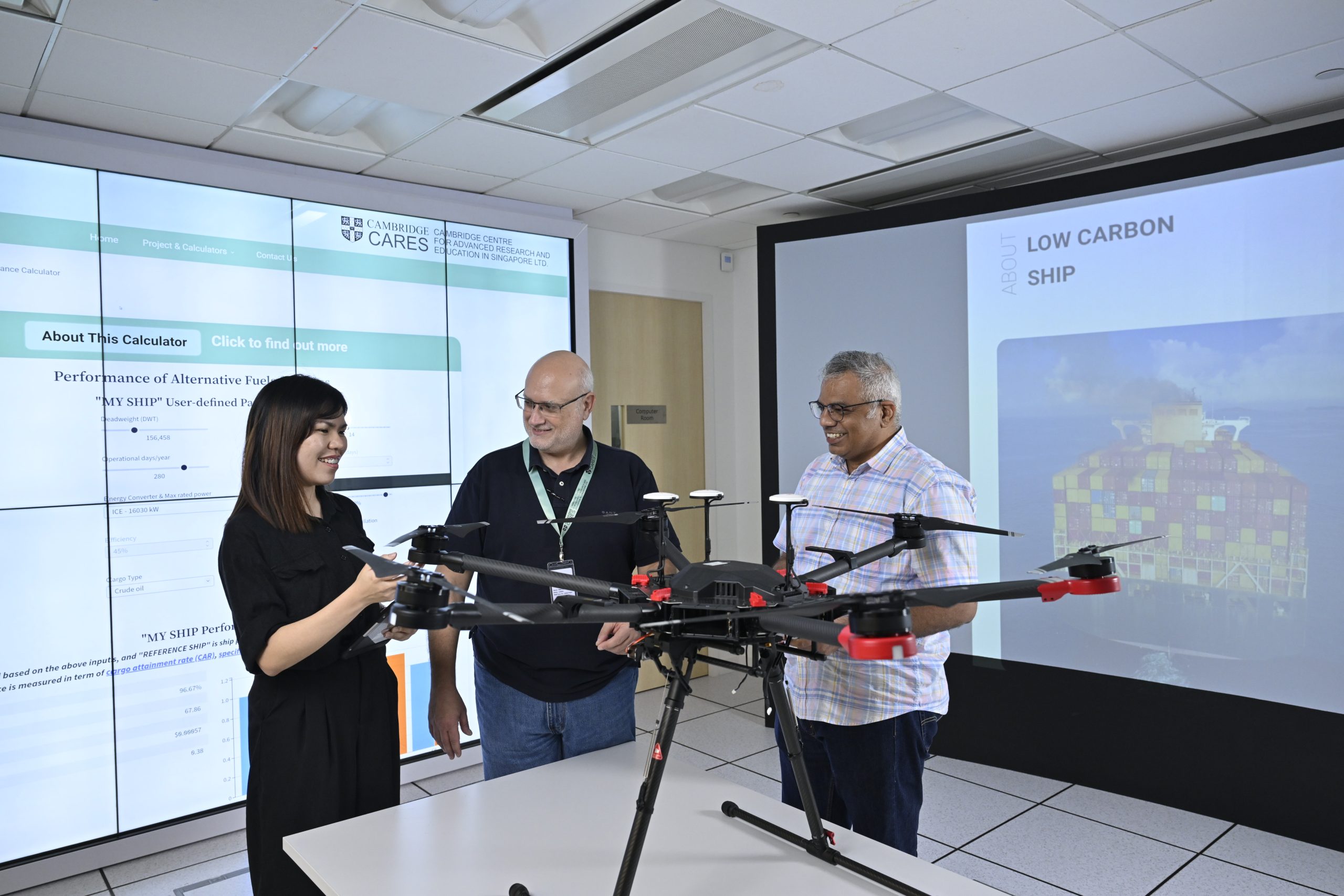
2020
Despite the pandemic slowing many research and public engagement activities, Dr Zhen Guo successfully forms a new CARES spin-off, Chemical Data Intelligence (CDI), with Prof Alexei Lapkin.
CDI harnesses the power of chemical data to develop software solutions for clients exploring production changes in synthesis planning, environmental impact assessments, and product design. CDI will eventually contribute its database and expertise to SM3 in 2024 and offer a path to commercialisation for the programme’s future outputs.
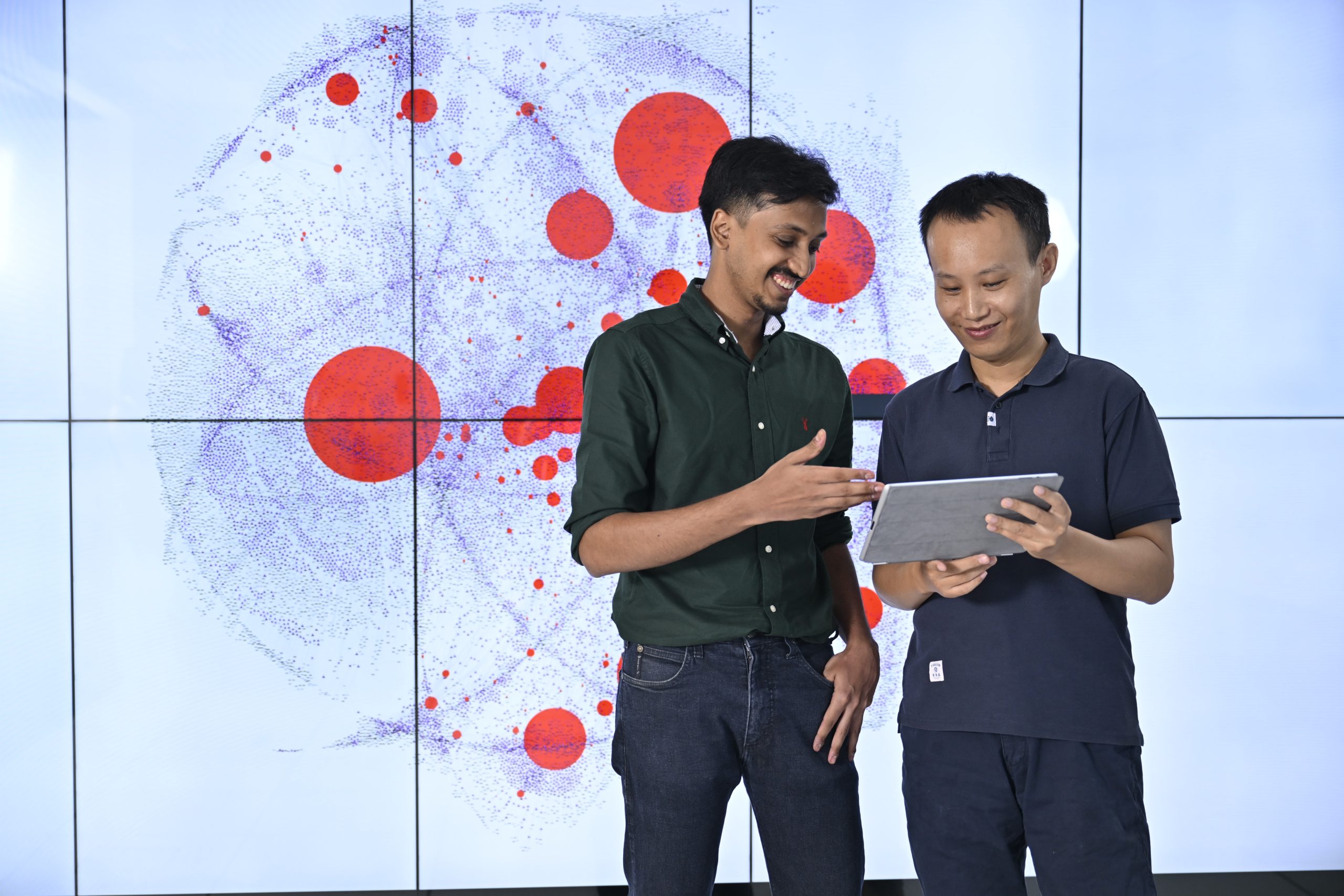
2022
Researchers using The World Avatar find new insights that switching the UK’s electricity grid from gas entirely to heat pumps increases fuel heating costs disparately across the UK, and more households could be below the poverty line after paying their heating bills. The paper was later cited in an independent report commissioned by the EU’s research & innovation system, advising that new technological interventions may have indirect social impacts.
The benefit of incorporating The World Avatar into continuing projects is clear in its integration with the HD4 programme, where it can combine diverse information from different places and time scales, allowing us to see how environmental factors change and affect people over time.
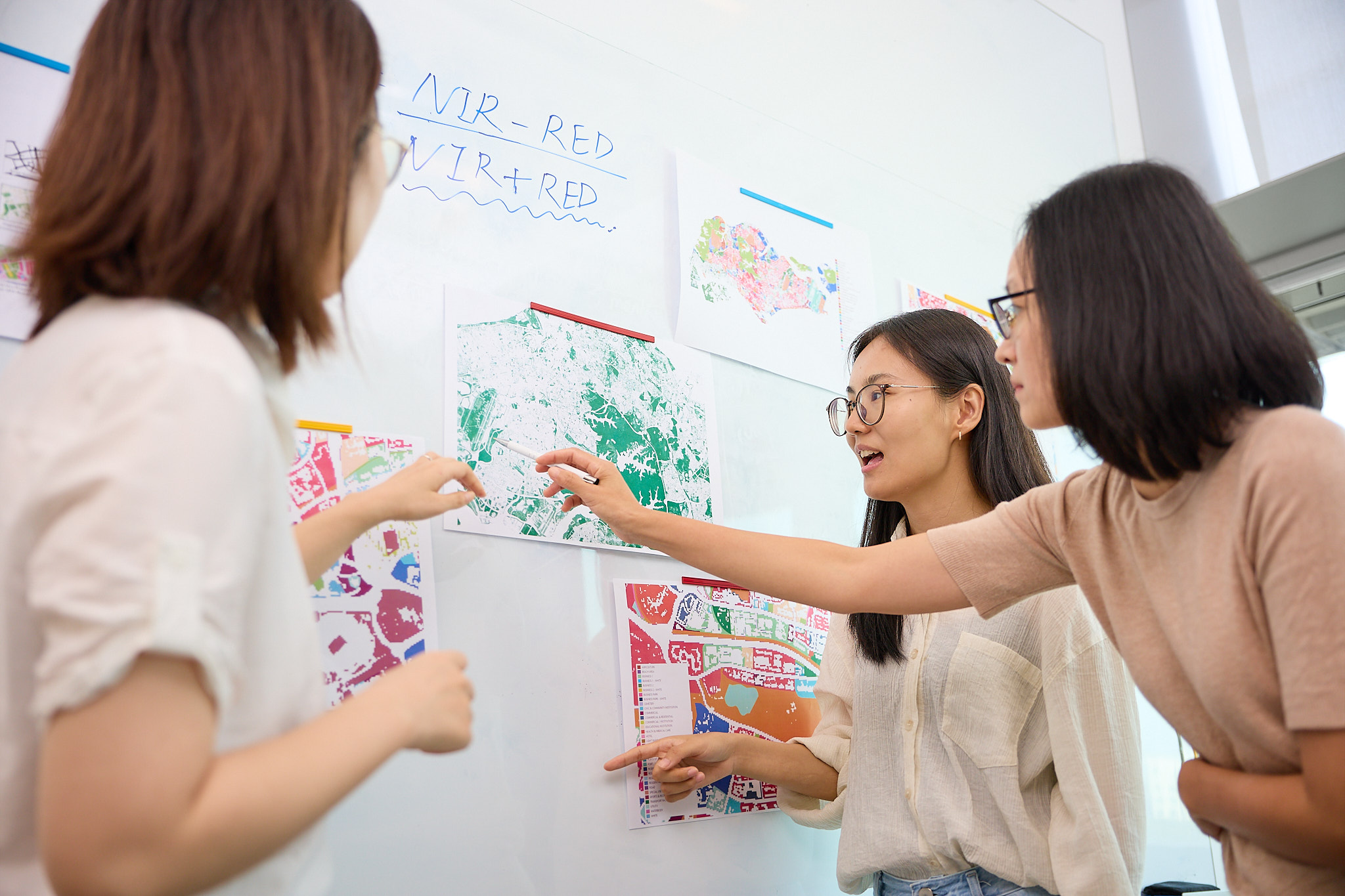
2023
It was an incredibly active year for CARES, especially with events ramping up after the pandemic.
In 2023, C4T hosts 10 visiting scientists, 13 seminars and events, the first CARES drone demonstration in Singapore, and collaborates with the Maritime & Port Authority of Singapore for the world’s first ship-to-containership methanol bunkering operation.
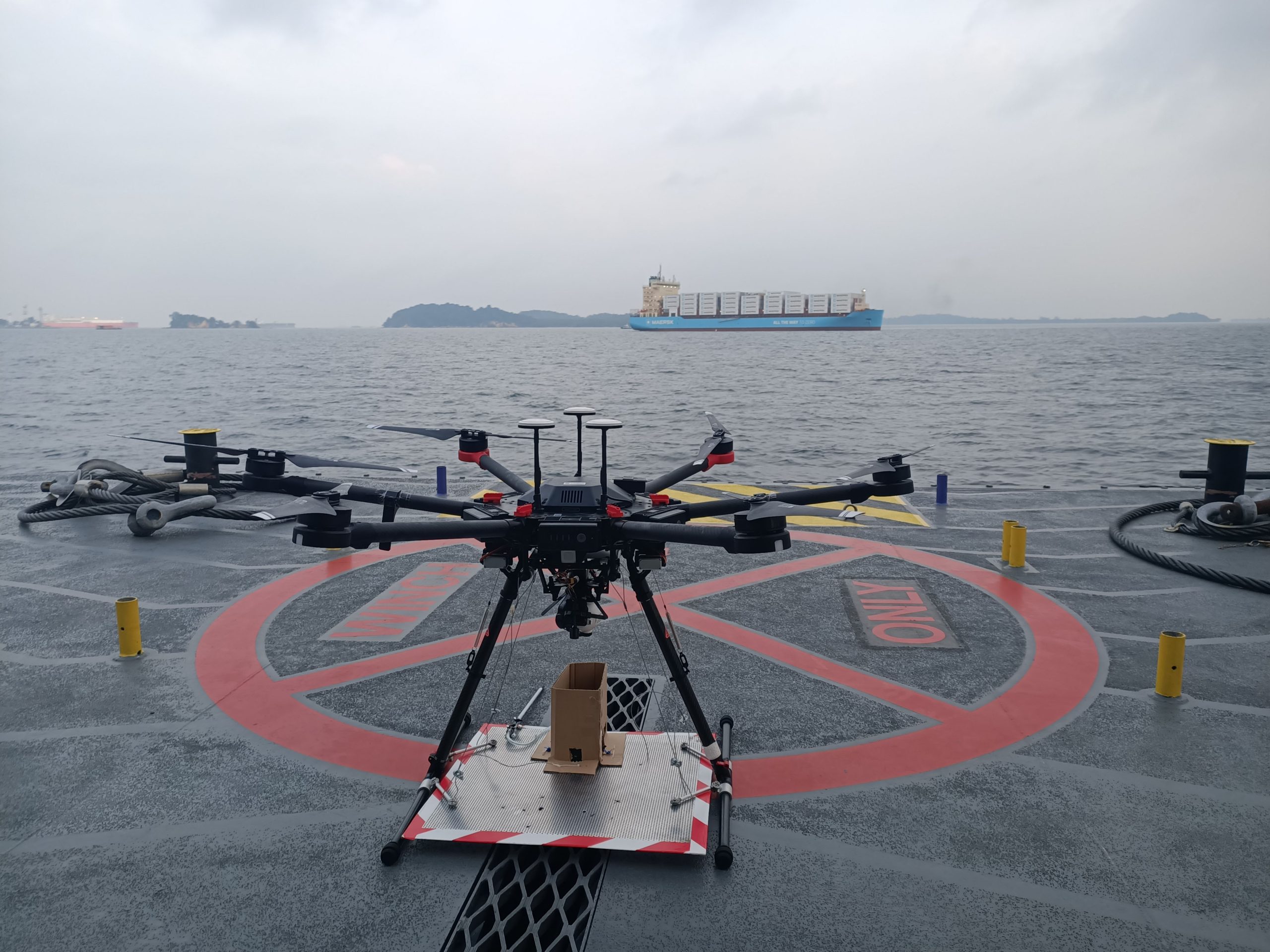
2023
CARES celebrates a decade of C4T in Singapore with researchers, collaborators, and industry partners from over the years; welcoming over 200 guests for a public scientific showcase and an evening reception at the British High Commissioner’s Residence.
We initiate several campaigns with our central office in Cambridge to produce an article and a paired video on Cambridge’s social media, amassing over 45,000 views on LinkedIn within a week!
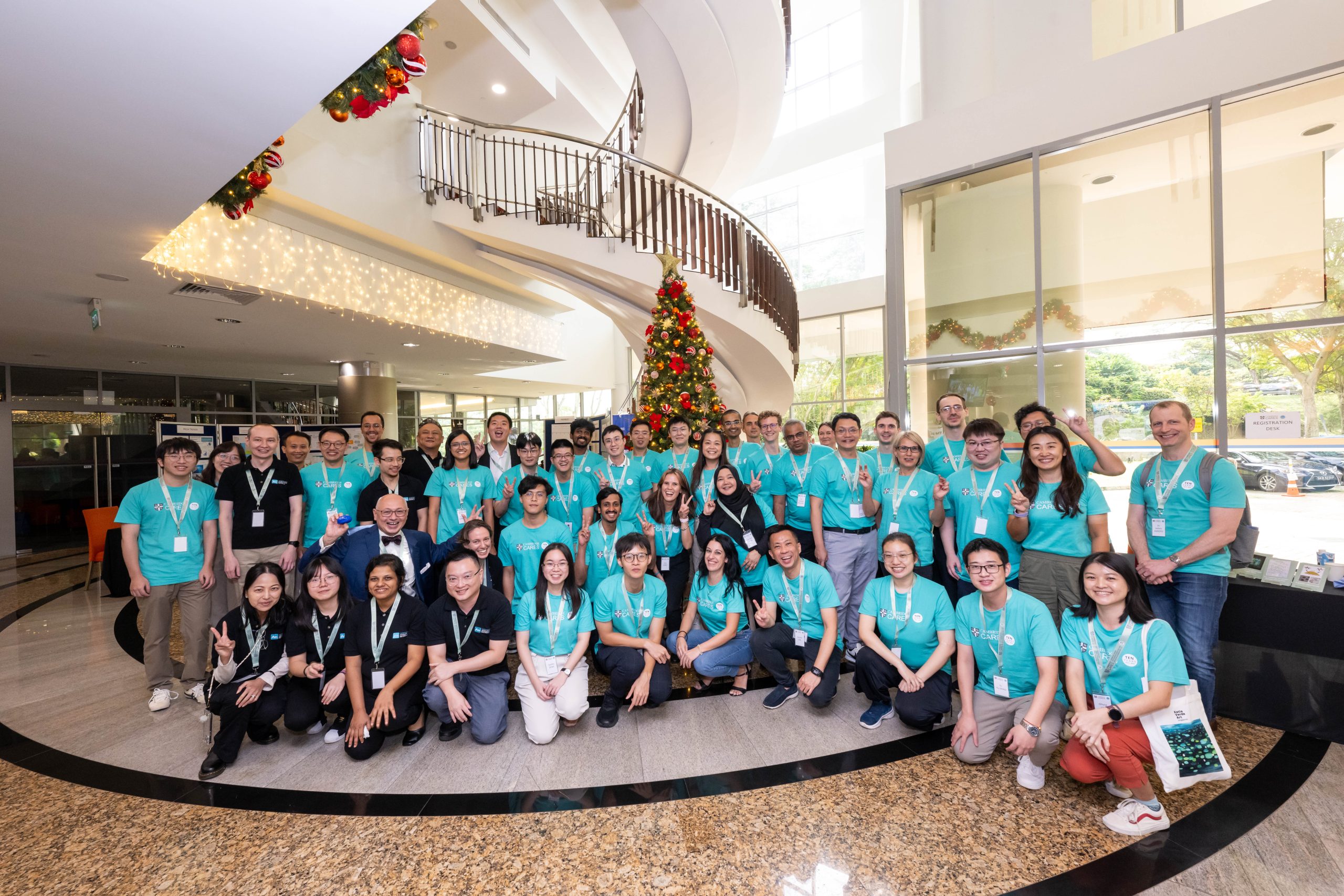
2024/5
• C4T’s strong foundation places HYCOMBS and SM3 as strong frontrunners, and we are delighted to secure two projects when NRF announces its commitment of SGD$90m for ten new decarbonisation projects in July 2024. By the end of 2024, with the official announcement of the HD4 programme, CARES can finally look ahead to plan for the future, with several exciting activities already happening in 2025.
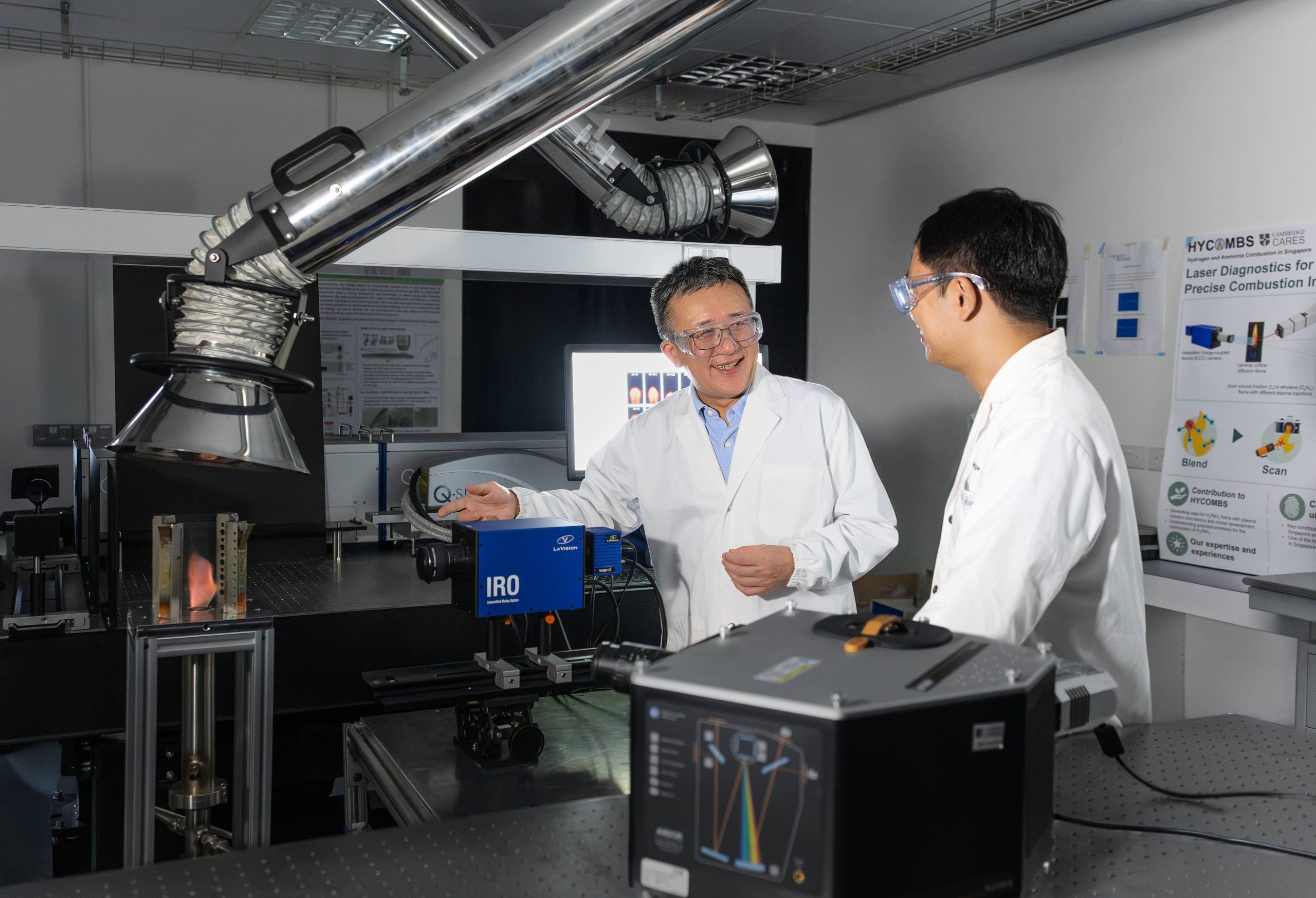
• The impact of C4T through our public engagements in 2023 has refreshed connections with our central office. In 2025, we invited a Research Communications expert from Cambridge to conduct a training workshop with our researchers, and we worked closely with Gates Cambridge Trust to conduct their first international round of scholarship interviews in Singapore.
C4T in numbers
Fundamental Research
730+ research papers with an H-index of 106
to date
See the list of C4T
publications here
Technology Development
34
invention disclosures
20
patent filings
4
licenses
The nature of C4T has been an incredible long-term opportunity for research to take shape, and not a common occurrence in the research world, one which we wholeheartedly acknowledge the National Research Foundation in Singapore for investing their time and resources into CARES. As we close the chapter on C4T and ramp up our new projects, we give thanks to all our staff, collaborators, and partners for continuously supporting us since we first stepped foot into this incredible city-state in 2013.
C4T’s first phase (October 2013 – October 2018) focused on assessing and reducing the carbon footprint of the integrated petro-chemical plants on Singapore’s Jurong Island. Phase 2 (November 2018 – October 2023) systematically investigated the raw materials, processes, and products of the local chemical industry and the technologies needed to reduce the carbon footprint of this major pillar of Singapore’s economy. The final no-cost extension period (November 2023 – October 2025) enabled C4T to enter a new phase of 18 impact-focused projects denoted as “CN”. This research was supported by the National Research Foundation, Prime Minister’s Office, Singapore under its Campus for Research Excellence and Technological Enterprise CREATE) programme.
